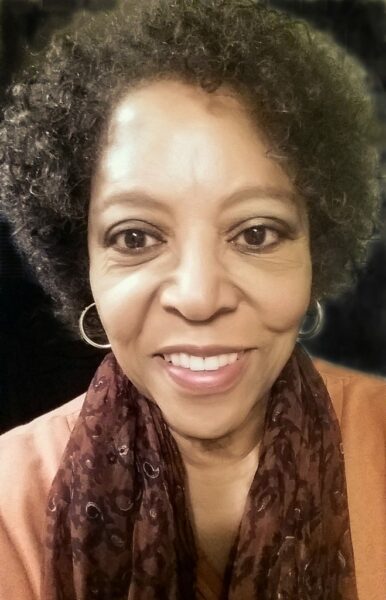Shirley Ann Wilson Moore is a professor of history (emerita) at California State University, Sacramento. She lives in Sacramento, California, and has been a member since 1989.
Shirley Ann Wilson Moore is a professor of history (emerita) at California State University, Sacramento. She lives in Sacramento, California, and has been a member since 1989.
Alma maters: AB, University of California, Berkeley, 1976; MA, University of California, Berkeley, 1979; PhD, University of California, Berkeley, 1989
Fields of interest: African American, western United States, oral history
Describe your career path. What led you to where you are today? After graduating from high school in Southern California, I enrolled at UCLA as a sociology major intending to become a high school teacher or social worker. However, the US history courses I was required to take at UCLA were taught by some outstanding instructors who asked some intriguing questions about our national story. This experience opened me to the possibility that history could be an inclusive discipline that could illuminate the lives of the marginalized and anonymous as well as the eminent. My undergraduate and graduate studies at the University of California, Berkeley, with extraordinary professors like Lawrence Levine, Leon Litwack, Earl Lewis, and Winthrop Jordan deepened this conviction that has continued to inform and guide my professional work to this day.
What do you like the most about where you live and work? I like the wonderful diversity of the Sacramento region which is reflected in the student body at California State University, Sacramento.
What projects are you currently working on? I am currently working on a children’s book about California’s first steamboat, the Sitka.
Have your interests evolved since graduation? If so, how? I started out wanting to work exclusively in the colonial period. Over the years, I have been increasingly attracted to and have written about African Americans in the 19th and early 20th centuries.
What’s the most fascinating thing you’ve ever found at the archives or while doing research? While doing research for my book Sweet Freedom’s Plains: African Americans on the Overland Trails, 1841–1869, I discovered that the Bancroft Library has a collection of the papers of David Brown, a black man who traveled the overland trail from Ohio to the California gold fields in 1852. The papers deal mostly with his gold-mining endeavors and business holdings, but they also include a detailed, paid-in-full bar tab that he ran up at a local saloon over the course of a year.
What do you value most about the history discipline? I like that the discipline of history is so wide-ranging.
Why is membership in the AHA important to you? It gives me the opportunity to be part of a broad community of scholars with like interests, it provides a way to keep up on important developments in the profession, and helps me keep in touch with friends and colleagues.
AHA members are involved in all fields of history, with wide-ranging specializations, interests, and areas of employment. To recognize our talented and eclectic membership, AHA Todayfeatures a regular AHA Member Spotlight series.
This post first appeared on AHA Today.
This work is licensed under a Creative Commons Attribution-NonCommercial-NoDerivatives 4.0 International License. Attribution must provide author name, article title, Perspectives on History, date of publication, and a link to this page. This license applies only to the article, not to text or images used here by permission.

